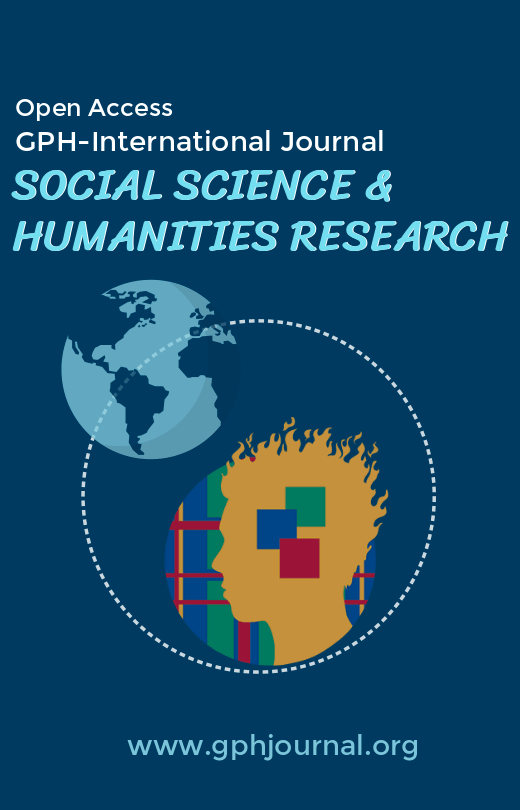The Office culture at Nghi Son Vocational College Thanh Hoa province of Vietnam
Abstract
Office culture is a synthesis of a system of material and spiritual values, a result of human creativity and intelligence, expressing the state nature and national identity of each country in the world. each historical period. Office culture is considered as a specific form of social culture including the totality of values, standards, and ways of behaving in office activities that members of the office acknowledge and follow to behave with each other within the workplace and to serve society. Moral values, ethical standards in behavior between people; behavior between people, and work is influenced from many directions, from the reverse side of the market mechanism. The pragmatic, selfish lifestyle, pursuing personal interests, local interests, and group interests has had a strong impact on all social relations. Facing the temptation of interests, many officials and public servants have weakened the people's trust. However, the implementation of workplace culture in vocational education institutions is not synchronized, still at different levels. Therefore, building an office culture at the agency is increasingly solid, completing tasks, constantly improving the cultural life for officials, employees, and employees of each agency and unit.
Downloads
References
2. Nguyen Minh Doan (2006) has an article 2011 Elements of office culture in state activities, published in the No.1 Jurisprudence Journal
3. Phan Hieu with the article Transformation in building an office cultural lifestyle in agencies and units, published on the website “Ninh Binh online”.
4. Trinh Huyen Mai (2017), Office culture at training and fostering schools for cadres and civil servants under ministries, Master's Thesis in Public Management, National Administrative Practitioner, Hanoi.
5. Pham Hong Tung, editor (2008), "Political culture and history from the perspective of political culture", National Political Publishing House.

Copyright (c) 2021 IJSSHR - International Journal of Social Science and Humanities Research

This work is licensed under a Creative Commons Attribution-NonCommercial-NoDerivatives 4.0 International License.
The authors and co-authors warrant that the article is their original work, does not infringe any copyright, and has not been published elsewhere. By submitting the article to GPH-International Journal of Social Science and Humanities Research, the authors agree that the journal has the right to retract or remove the article in case of proven ethical misconduct.













 Firozpur Jhirka, Haryana, India
Firozpur Jhirka, Haryana, India

